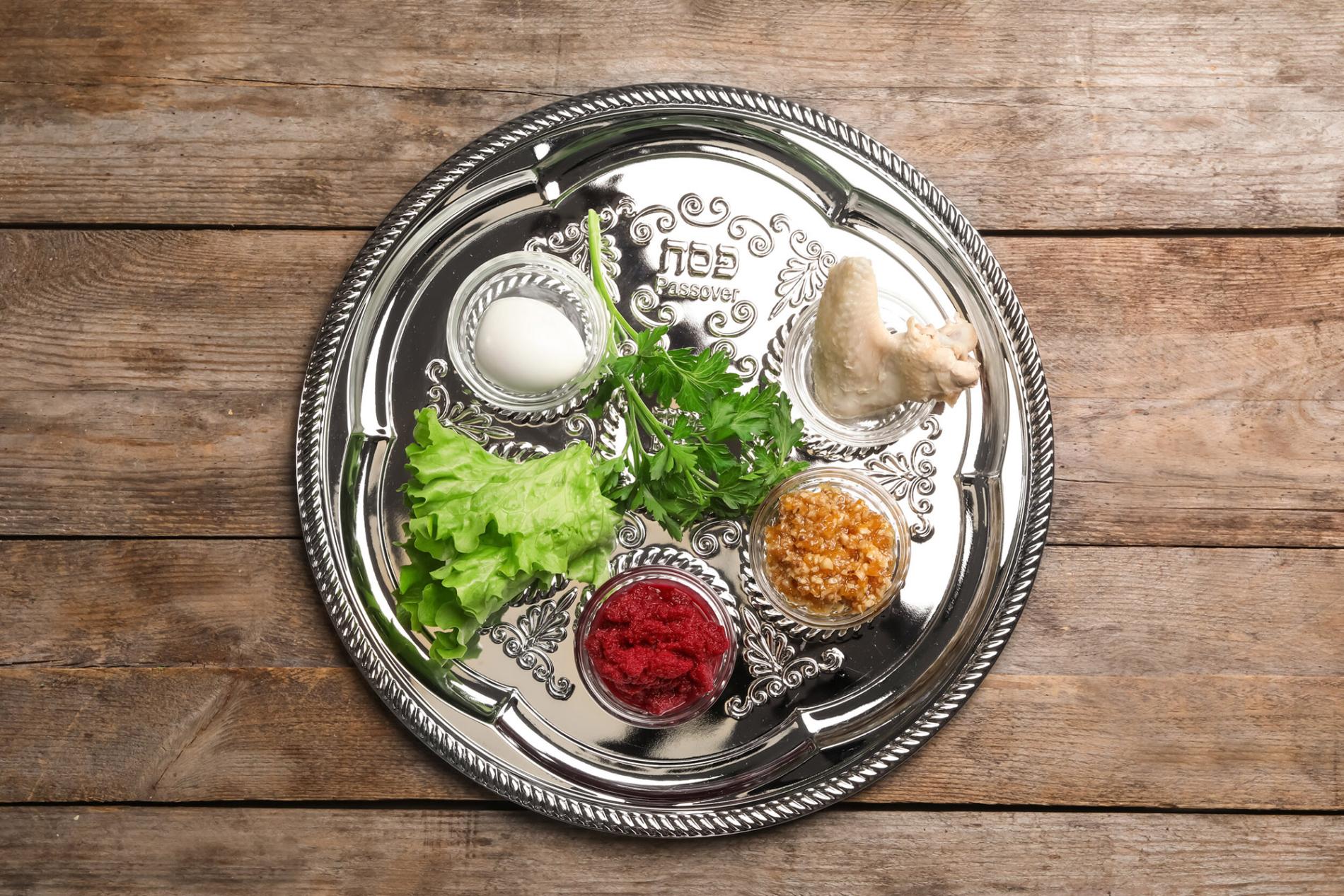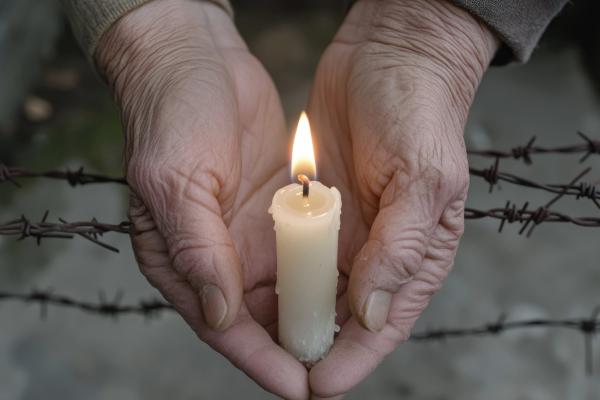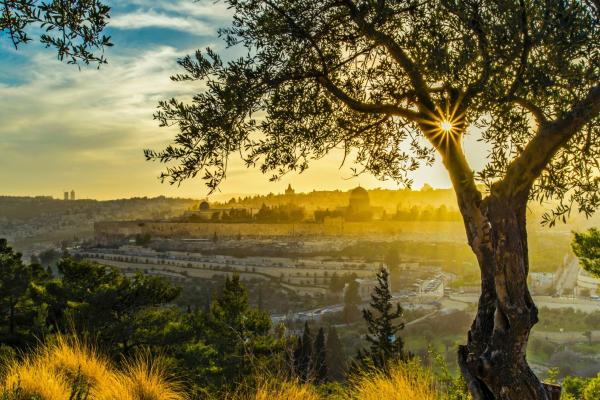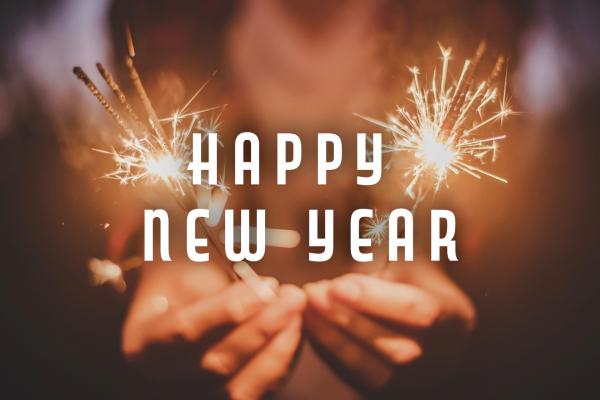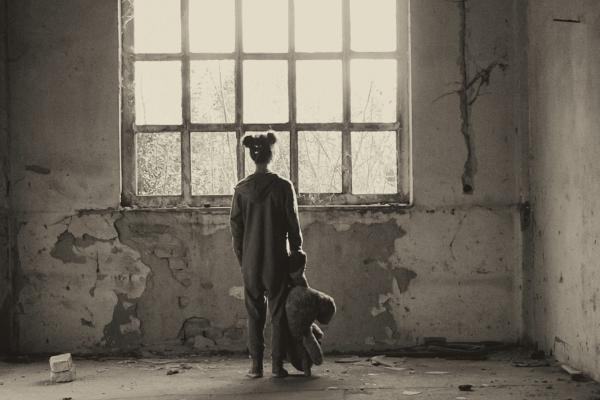It happens more than you’d think. This year, Passover and Good Friday align on the calendar. Both are Friday, April 15, 2022. In the last 100 years, Passover and Good Friday have fallen on the same Friday 34 times. It’s only fitting, after all, because the very first Good Friday – the one 2,000 years ago when Jesus died – was Passover. Coincidence? Not one bit.
It might seem like chance when Passover and Good Friday occur the same day, but Jesus’ death on Passover was a pre-ordained, orchestrated part of God’s eternal plan. In each of the feasts the Lord commanded Israel to keep, He demonstrated a picture of His ultimate plan of redemption. In Passover, we see the image of Yeshua (Jesus), sent to deliver us from death and bondage to sin.
The Lord spoke through Moses to the Israelites in Egypt, revealing that the Angel of Death would come over all of Egypt, and the firstborn of every family would die. However, God told them how to escape this final plague. Each household was to sacrifice an unblemished lamb and paint its blood on the doorframe of their home. On seeing the blood, the Angel would pass over that home and spare them from death.
Centuries later, God sent the promised Messiah, Jesus of Nazareth, to fulfill hundreds of prophecies in the Holy Scriptures. Just as the Lord delivered the Israelites from slavery to Egypt at Passover, He delivers those who place their faith in Jesus as the Messiah from bondage to sin, granting us new and eternal life. He passes over our sin, covering it with the shed blood of Jesus.
In Egypt, lambs died on Passover to save Israelite families from physical death and deliver them to freedom. Hundreds of years later, at the right time, Jesus died to save and free us spiritually – for eternity. And He died on Passover. He is “the Lamb of God who takes away the sin of the world” (John 1:29). His very name, Yeshua, means “salvation,” and the apostle Paul calls Him “our Passover” (1 Corinthians 5:7).
The connection is clearly intentional, so how did Passover and Good Friday get separated?
In 325 A.D., the Council of Nicea emphatically separated the celebration of Yeshua’s resurrection from Passover. By then, the Church consisted mainly of Gentile Believers, and animosity toward Jewish people had grown.
Paul wrote the book of Romans in 56–57 A.D., and various councils had accepted it as canonized Scripture as early as 170 A.D. Even so, the Council of Nicea didn’t regard Paul’s message to the Romans concerning the Jewish people. He wrote that the Gospel was “for the Jew first,” and God has not rejected the Jewish people. He explained that Gentile Believers in Jesus are grafted into the covenant God made with the Jewish people and have no reason to boast about their acceptance into God’s family. He explained that the gifts and callings of God to Israel are irrevocable. (See Romans 1:16 and Romans 11.)
Despite Jesus’ death on Passover and the prophetic picture of it within Passover observance, the Council wanted separation from the Jewish people. The Nicean Council abandoned the Jewish calendar for the Gregorian (the calendar we commonly use today) and declared the resurrection would be celebrated the first Sunday after the new moon following the Spring Equinox.
It’s unfortunate, to say the least, that this Council went to such great lengths to separate what God designed to coincide. The disassociation of Passover and Good Friday on the calendar has been sadly effective in keeping much of the world from seeing God’s intended connection between Passover and Jesus, between Old and New Covenants.
However, when we see it, it fills us with wonder at God’s visible orchestration to communicate His plans for drawing us to Himself as He carries out the timeline of His Kingdom. Clearly, “the LORD has done this, and it is marvelous in our eyes” (Psalm 118:23 NIV).



